type
status
date
slug
summary
tags
category
icon
password
Streamlining your blogging process
Content is King, no doubt. But you cannot spend all of your time creating content while ignoring other important tasks. This is why streamlining your blogging process is key.
Most bloggers use different tools to achieve this; a separate tool for Calendar, a note-taking tool to keep track of ideas, and many other tools.
Notion solves all of these. You can save notes, build databases, create content calendars, set reminders, write articles, collaborate, assign tasks, and view changes in real time.
This helps you streamline your blogging journey because as your blog continues to grow, so does the endless list of stuff that needs to be done.
Efficient organization of ideas and content
Regarding efficiency in organizing your ideas and content, Notion gets the highest credit.
Notion allows you to create pages that you can organize in basically any way you want —Kanban boards, wikis, calendars,
Notion lets you see and plan all your content in one place; Articles. Instagram posts. Pins. Ad campaigns. Backlink opportunities.
rganising Content with Notion
Here are some ways you can use Notion to organize your content:
- Create a database: One of the most powerful features of Notion is its ability to create databases. You can create a database for just about anything, such as your reading list, your to-do list, your workout routine, or your project management tasks. Within each database, you can create columns to store different types of information and customize them to fit your needs.
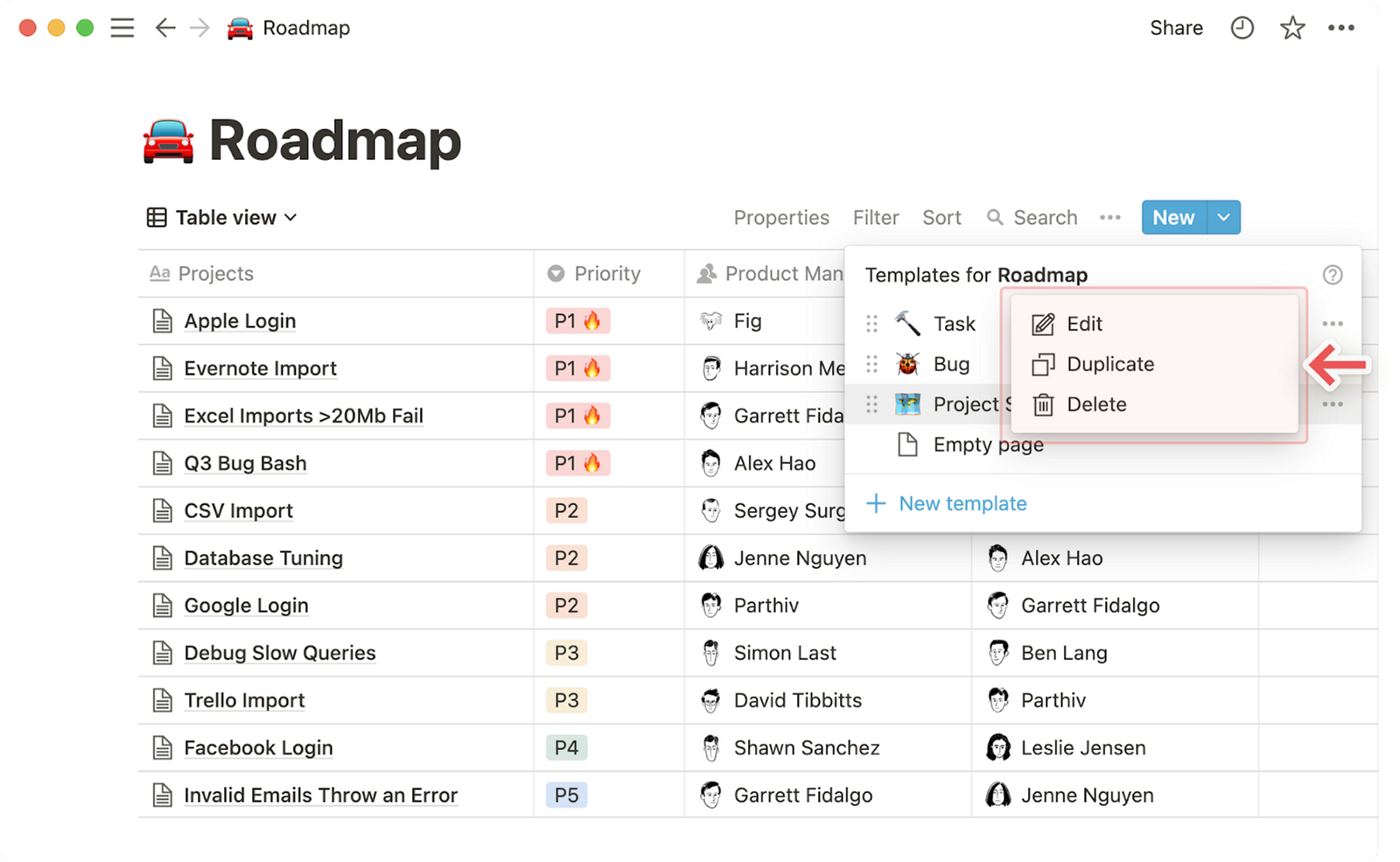
- Use templates: Notion comes with a variety of templates that can help you get started with organizing your content. For example, you can use the "Meeting Notes" template to keep track of your meeting notes, or the "Personal CRM" template to organize your contacts.
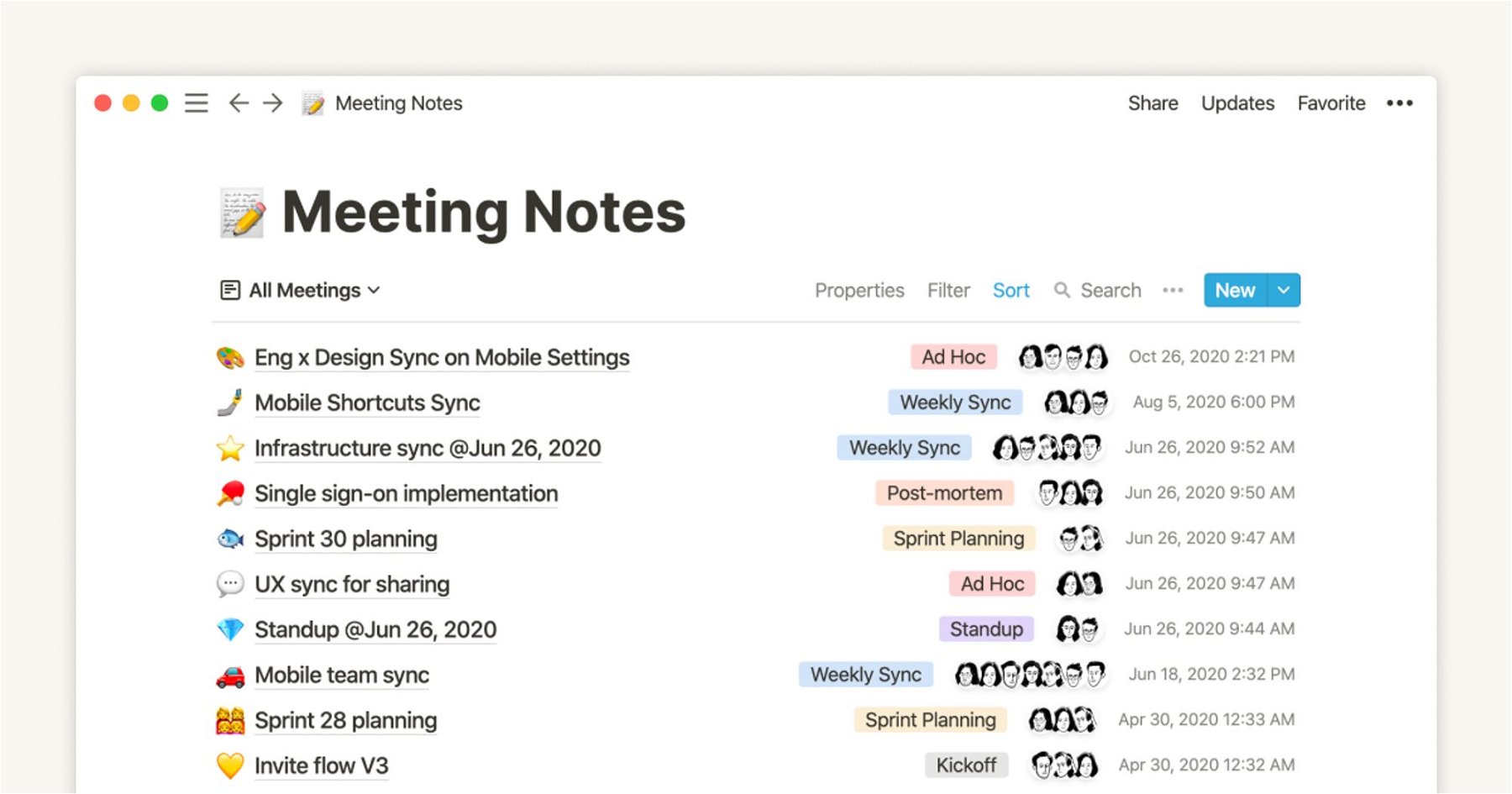
- Create pages: Notion allows you to create pages for your content. You can create a page for each project you're working on, each course you're taking, or each trip you're planning. Within each page, you can add text, images, files, and other types of content.
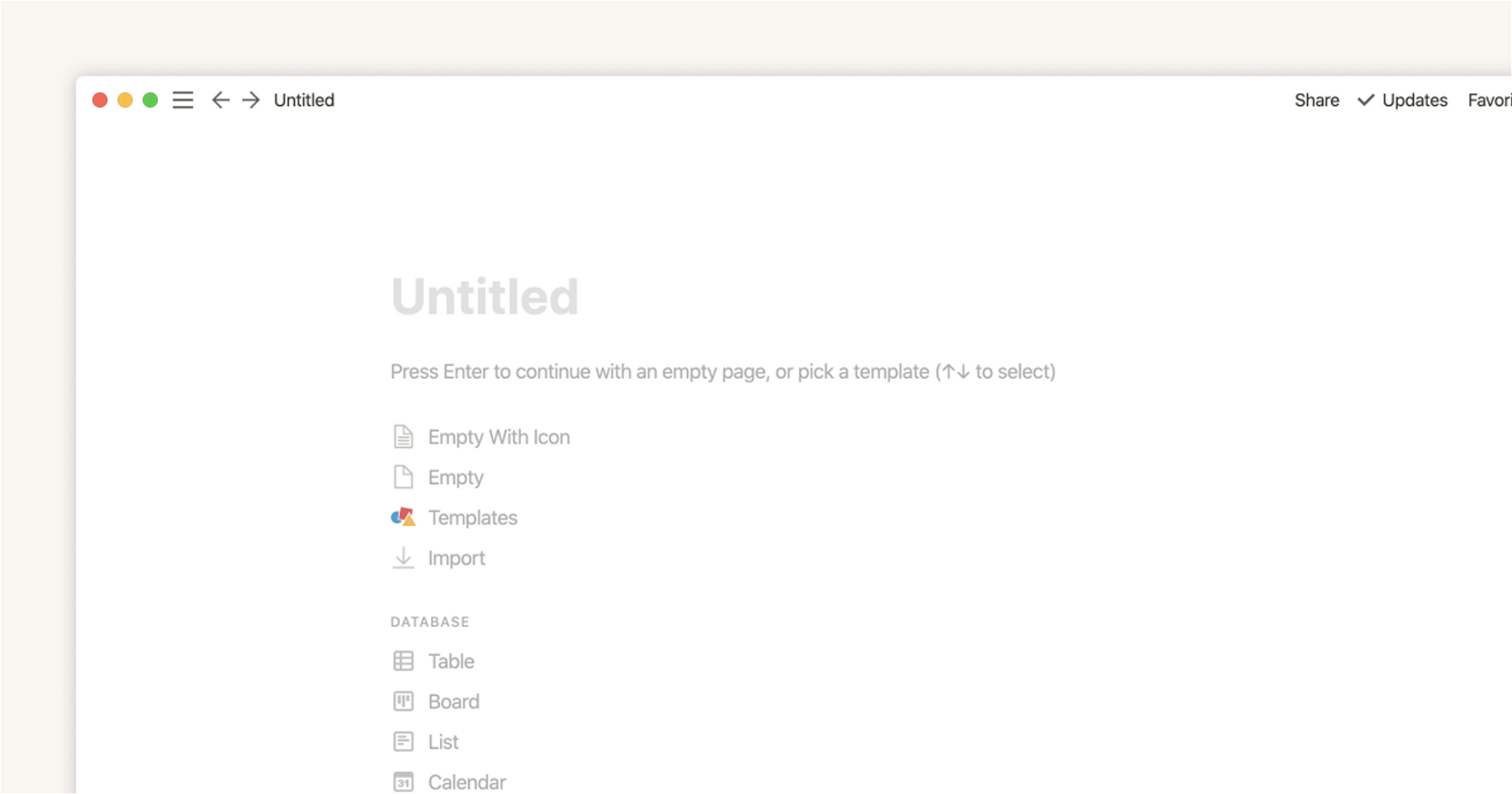
- Use tags: Notion also allows you to use tags to organize your content. You can assign tags to different pages or items in your databases, making it easier to find them later on.
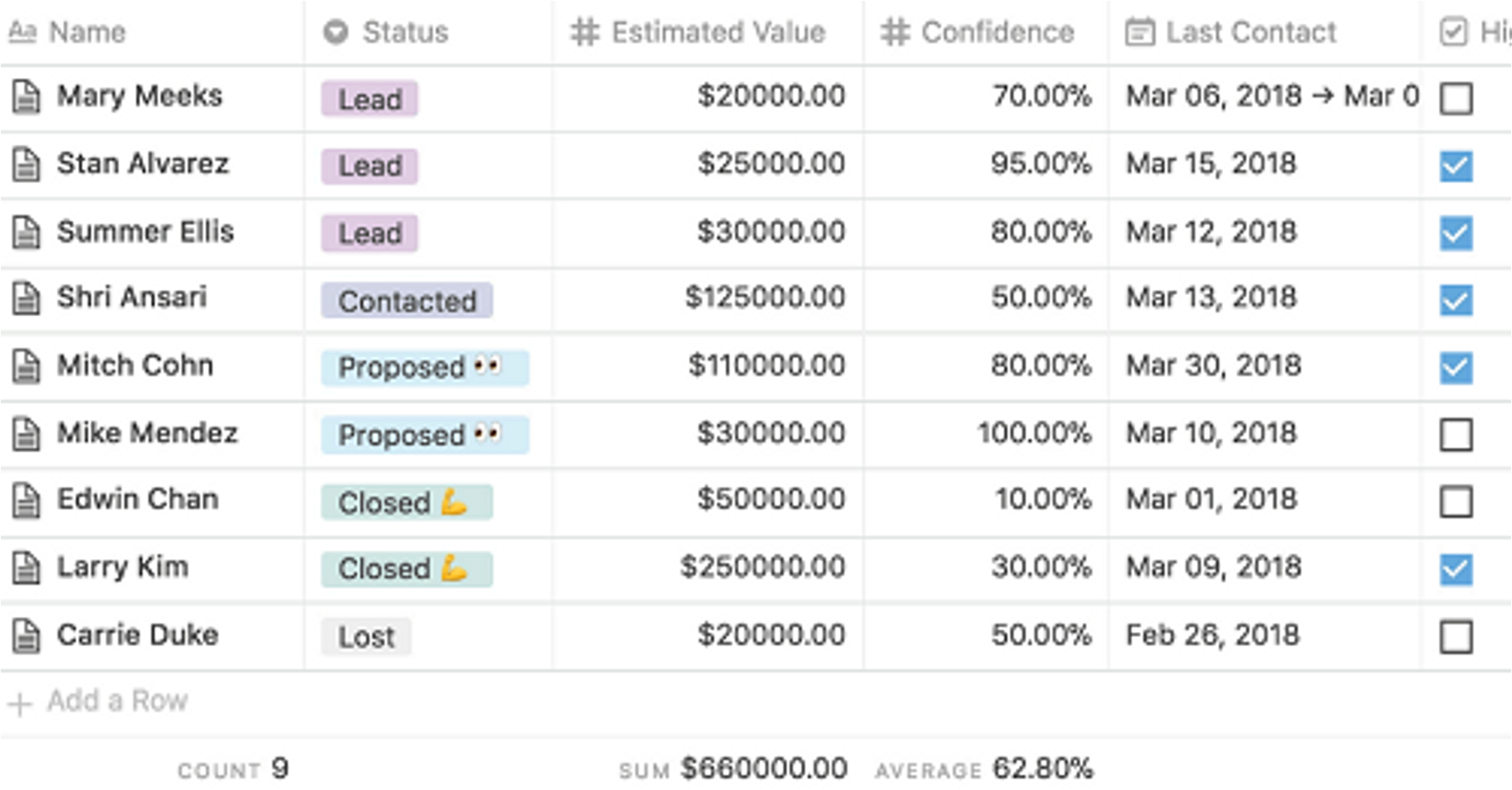
- Link pages and databases: Notion makes it easy to link pages and databases together. For example, you can create a page for your reading list and link it to your database of books. This way, you can easily access all the information you need about a particular book from one central location.
- Collaborate with others: Notion allows you to collaborate with others on your content. You can share your pages and databases with your team or your friends, and everyone can work together to keep everything organized.
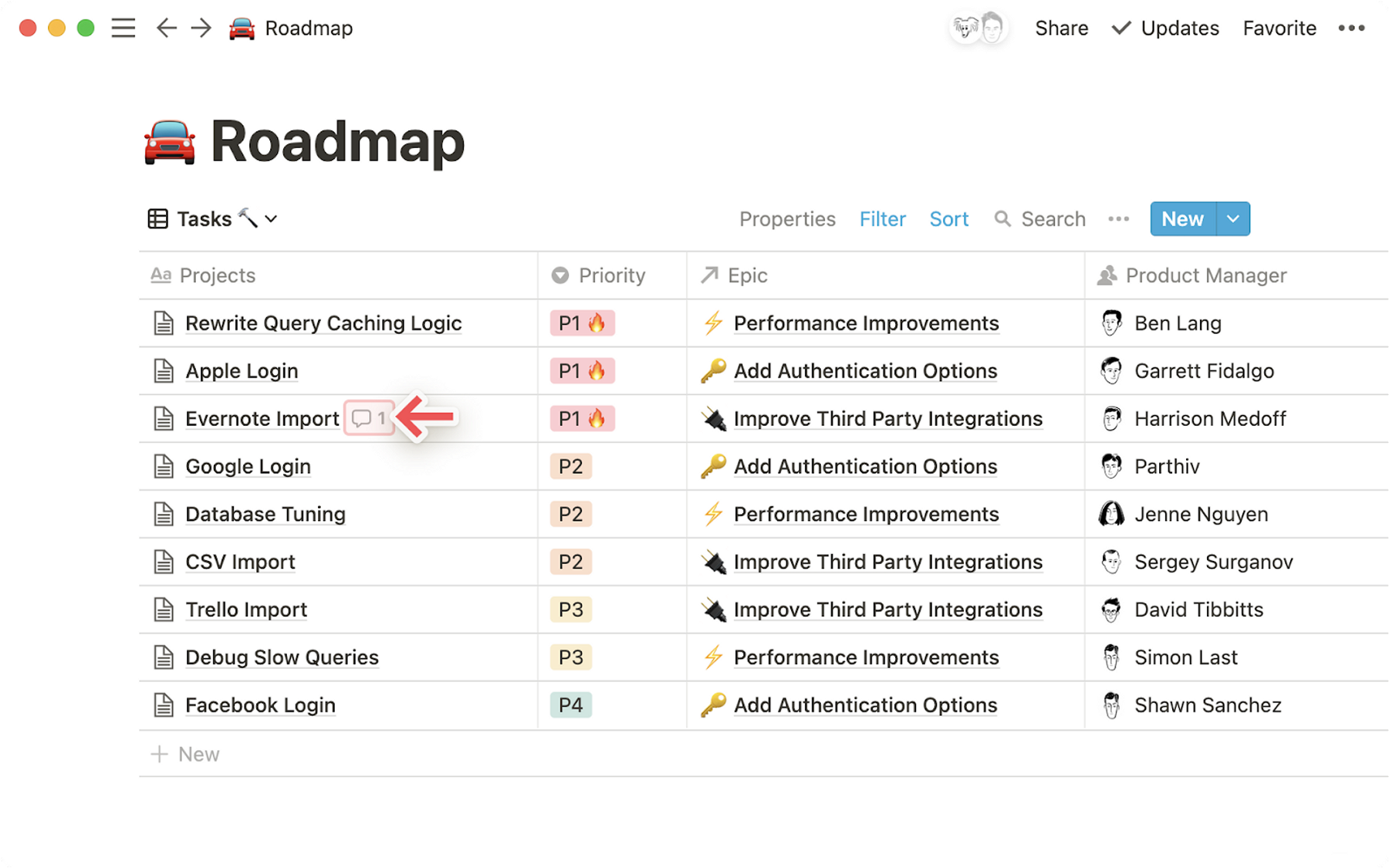
Maximizing Notion's Features
The possibility with Notion is endless, but here are a few key things you can do to get the best out of Notion.
Use Notion Across Multiple Platforms
Notion is very accessible. This means you can move from web to Notion seamlessness. It syncs your data automatically so you won’t have to worry about losing anything.
Collaborate in Real-Time
You can create a custom workplace and collaborate with co-workers in real-time; assign tasks and send notifications easily by simply using “@User”. You can also create spreadsheets and even manage employee onboarding.
Use Boards and the Kanban Method
Boards are a key feature of Notion it’s a feature that is comparable to those found on Trello or MeisterTask. Organizing boards using the Kanban Method will help users unlock the full potential of Notion by maximizing productivity.
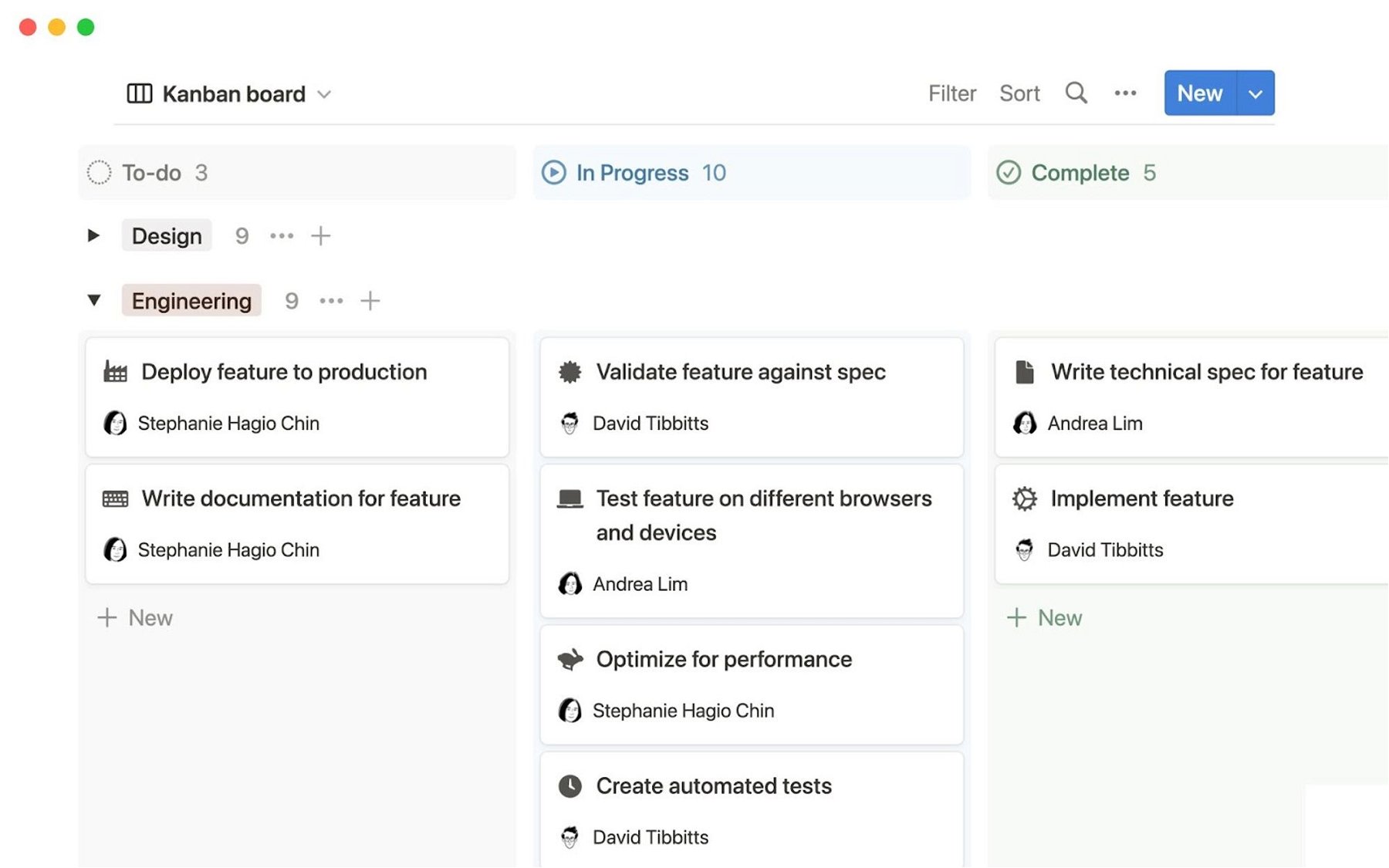
Combine Work and Personal Use
Staying organized shouldn’t stop at work. Notion’s dashboard can be customized to keep work and personal use separate. You can link pages and databases together to keep work and personal use in sync.